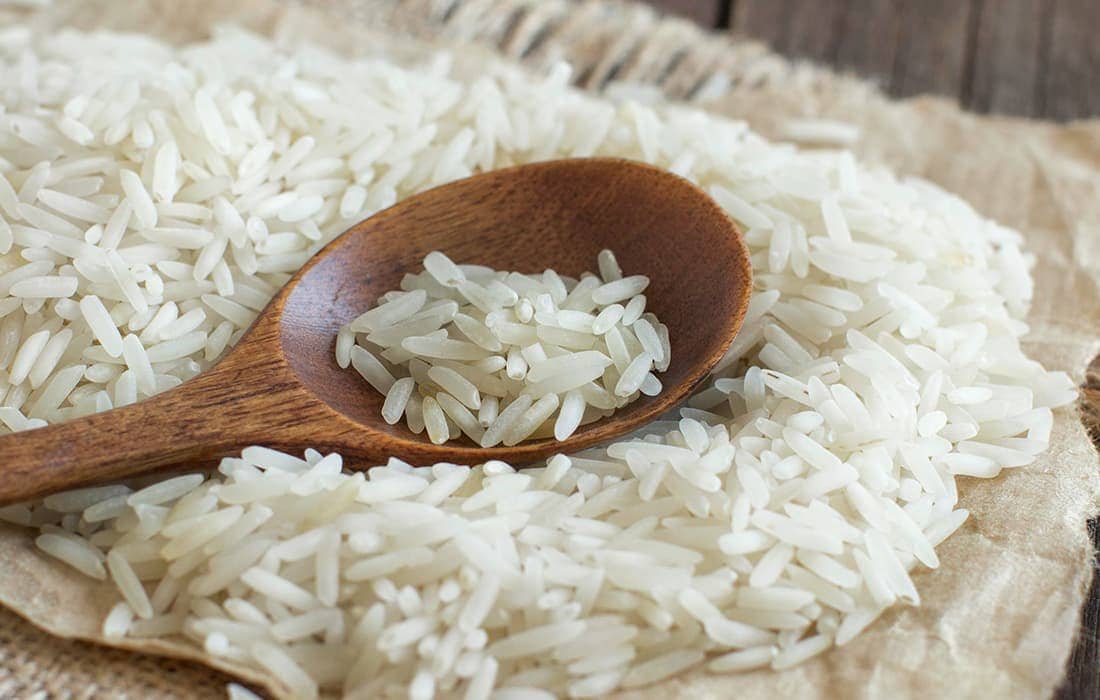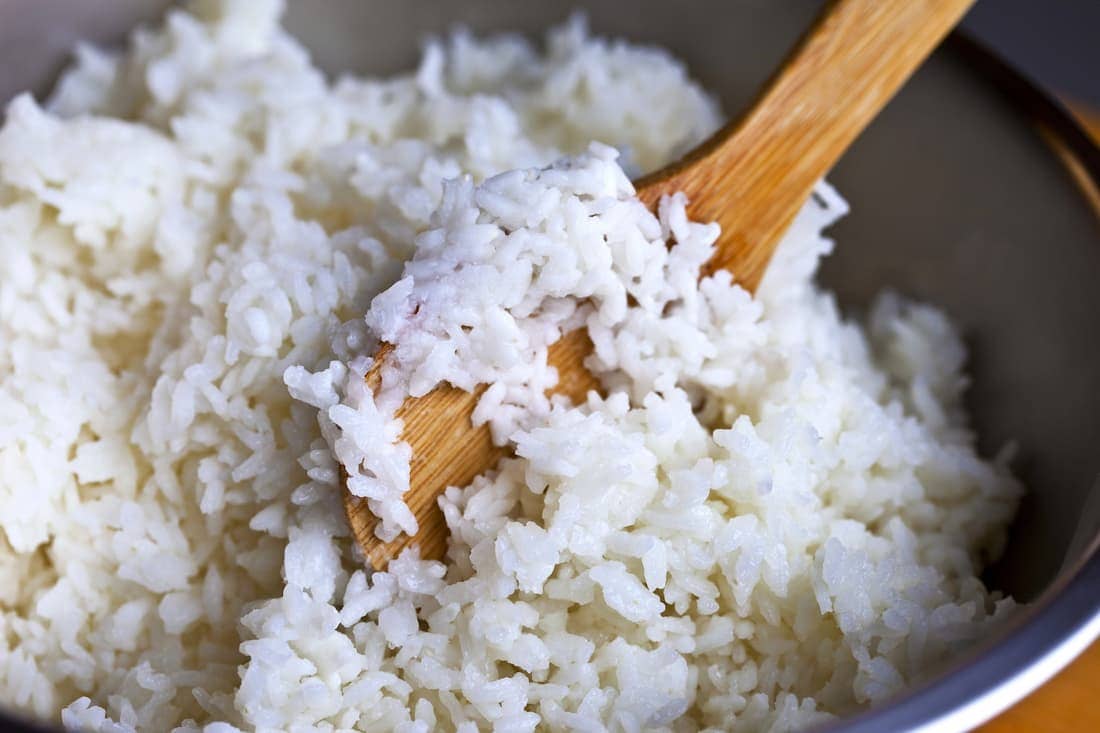Rice, which is naturally gluten-free grains, is one of the indispensable alternatives for those on a gluten-free diet! But there are hundreds of known varieties of rice. So, let’s take a look at the ingredients of the most commonly consumed rice varieties!
As awareness of gluten sensitivity increases in society and among manufacturers, the interest in gluten-free products and the production rate of these products are also increasing. However, it must be admitted that gluten-free food production is quite challenging, requiring special practices and great care at every stage from soil to shelf! And for this reason, it is possible to say that gluten-free production has still not reached sufficient prevalence.
The fact that a food does not contain gluten under natural conditions is not sufficient to include it in the gluten-free product class. When it comes to plant-based foods, even growing gluten-containing products in the immediate vicinity of the agricultural area where the food is grown can cause cross (indirect) contamination. In addition, all surfaces that the product may come into contact with must be used only for gluten-free products.
Considering all these details and the limitations of production, you can imagine how challenging it is to follow a gluten-free diet. However, for people who have gluten sensitivity for any reason, unfortunately, no other diet is possible. The way to facilitate this process and eliminate possible risks is to have sufficient knowledge of foods suitable for a gluten-free diet. One of the foods to pay attention to in this regard is rice varieties!
1. Is There Gluten in Brown Rice?
Brown rice, also called “brown rice” or “whole wheat rice”, gets its name from its dark appearance. This type of rice, which is obtained by removing only the outer shells of the rice grains after they are collected, does not undergo any other processing. For this reason, brown rice is among the rice varieties with the highest nutritional value. This type of rice, in addition to its dense fiber content;
- Manganese,
- Phosphorus,
- Magnesium,
- Iron,
- Copper,
- B vitamins and
- It also contains selenium.
The high nutritional values of brown rice are advantageous for people with gluten intolerance, who must avoid grains such as wheat, rye and barley due to their special diet. However, as with all other food products, when choosing brown rice, it is necessary to choose gluten-free certified options that have no possibility of cross-contamination.
2. Is There Gluten in Basmati Rice?

Basmati rice, whose homeland is South Asia; It is produced in India, Pakistan and Nepal. This rice, which has a longer and thinner appearance compared to its known form, also differs from other types with its unique natural aroma. Basmati rice, which contains valuable ingredients, can be consumed with peace of mind by diabetic patients and those who have a goal-oriented diet, thanks to its low glycemic index.
So now comes the important question: Does basmati rice contain gluten or not? Like other rice varieties, basmati rice does not naturally contain gluten. However, in case of possible contamination in agricultural areas or factories, it is important to choose gluten-free certified options for this rice.
In addition to many different cooking alternatives, basmati rice is often cooked with curry spices in accordance with the tradition in its homeland. In such a case, even if the preferred rice is gluten-free, it poses a great risk for celiac patients. Because curry is among the foods that naturally contain gluten. Therefore, any curry food should not be consumed by people with gluten sensitivity!
3. Is There Gluten in White Rice?

Osmancık, baldo, kirk etc. Classic white rice, which has many other varieties, actually creates big question marks in everyone’s mind. Since it is a processed type of rice and has a high glycemic index, consumption of this rice can be avoided. It is true that excessive consumption of white rice can cause various problems! But it is not necessary to stay away from this rice completely.
White rice is ideal for daily nutrition due to the beneficial components it contains. In addition, the high starch rate also contributes to the normal function of energy metabolism. You ask if there is gluten in white rice, and the answer here is; “No” unless you are exposed to any contamination.
3. Is There Gluten in White Rice?

“Does rice contain gluten?” Another question that is as curious as the question is whether rice flour contains gluten. As you can guess, rice flour, which is obtained by grinding rice until it becomes powder, can be counted among the foods that do not contain gluten. Of course, the most important detail here is that it is obtained under conditions suitable for gluten-free production. In addition, rice flour, produced on special production lines while preserving its natural content, has an important place in the gluten-free diet as a strong alternative to wheat flour!
5. Rice Dishes May Contain Gluten!

The fact that different varieties of rice do not contain gluten makes it an important part of the gluten-free diet. However, it is still necessary to be careful when choosing rice recipes, especially for meals eaten outside the home. Because it is very popular sushi, risotto, paella, curry rice etc. Foods may contain gluten due to other ingredients. In addition, ready-to-eat rice or noodle rice mixtures sold in markets can also pose a risk for a gluten-free diet!
Don’t let the limited grain options on a gluten-free diet limit you to a single food! Experts often emphasize that people with gluten intolerance should include other types of foods rich in vitamins, minerals and protein in their diets, in addition to grains. Additionally, excessive consumption of rice is not recommended due to the trace amounts of arsenic it contains!
The information on this page does not constitute medical advice and is for informational purposes only. You should consult your doctor about the foods you can include in your diet.
MD, Prof. Sea South Duman Approved by
Resources:
Butler, N., “Which Types of Rice are Gluten-Free?”, Healthline, 2017.
“Is Rice Gluten-Free?”, Beyond Celiac.






